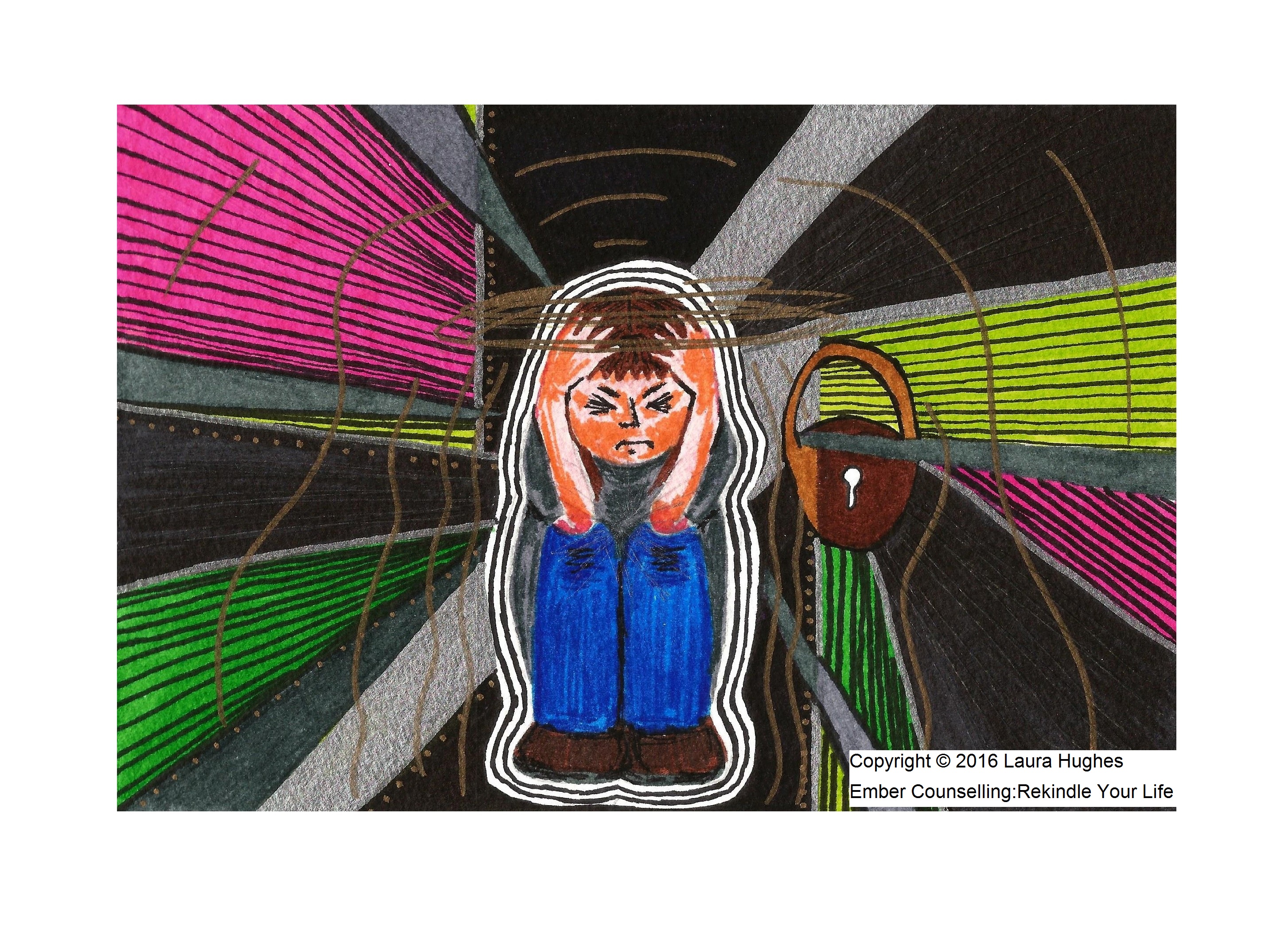‘Can you remember who you were before the world told you who you should be?’ Trick question? For so many of us, the ‘me’ we develop based on what pleases others starts from when we are very small. We cannot help but be shaped by the reactions from our caregivers. Some are fortunate to be brought up in secure, loving households, but others are not so fortunate and may be subject to any range of indifference, neglect or abuse. We may develop fight, flight, freeze and fawn (people-pleasing) survival mechanisms, or develop a particular ‘mask’ or ‘face’ we tend to show to the world more than our real self. This could be a conscious or unconscious decision. For many, the journey into and through adulthood is a process of peeling back the layers of survival mechanisms, coping strategies, internalised criticisms, thoughts, beliefs and more that we have accumulated over our lives. Life itself can be a journey of healing, unfurling, and uncovering your real self – the you at the core of your being that all the layers were built over to protect.

What can help you to remember or uncover the real you? It can be a process of experimentation and trial and error. When we think of how teenagers begin to develop a separate identity from their parents, it can be about trying out new fashions, hanging out with different types of people, listening to an array of different music styles. There is often a lot of experimentation that goes on! Trying out different ideas and ways of being to see what ‘fits.’ On a deeper level, it can be noticing and acknowledging your values, and learning to set healthy boundaries. It can mean saying ‘no’ when you mean ‘no’ and ‘yes’ when you mean ‘yes’ rather than adapting to the needs and wants of everyone else. This alone can feel like a personal revolution! You may also begin to reevaluate your relationships and your job or career, perhaps questioning ‘why did I choose this’ or ‘did I actually choose this or did I just fall into it? Am I really happy here?’
It can help to have someone to share that journey with you, such as supportive friends, a loving partner, or a counsellor or therapist that gives you a safe space and compassion to walk with you through that process. And in time, perhaps you will be able to internalise that safety, and offer love and compassion to yourself too. Safety is really important with this: the protective layers we have are there for a reason – to protect us from getting hurt. Coping mechanisms very often develop in childhood and for this reason tend to involve some amount of black and white thinking and self-blame, because that is all we know to do as children. So, as we grow older, carrying these coping mechanisms from childhood, they can become problems in themselves because they tend not to be very good for us in the long-run. We do what we can at the time with the tools we have available to us, and we may not have be taught healthy approaches to dealing with hurt and pain.
As a counsellor, I often witness the parallel process of healing and self-discovery that my clients experience over the course of their therapeutic journey. I’ve also experienced this myself and found the following question particularly helpful in the later stages of my healing journey, in helping me to find myself again – ‘what lights you up?’ What makes you feel alive? What makes you feel bright and vibrant? What brings you to life? For me, this is art – creating, making, playing with colour. It was one of my favourite things as a child and I still love it now. Perhaps you had a favourite thing to do as a child – does it make you happy now too? Jumping in puddles, playing in the mud, splashing water at a friend or sibling, water fights, running around, shouting and singing, being outside, playing with animals, cuddling a teddy or pet. It’s ok to try these things as an adult too – indeed alcohol often plays a role in adults being able to let loose and do these things shame-free which can be really liberating! But being playful and creative doesn’t have to just be a consequence of alcohol. With practice and safety, it become more accessible to you throughout your day, perhaps in little ways like humming to yourself, smiling at yourself as you notice the natural world around you, doodling while you’re on the phone, dancing in the kitchen while the kettle boils, or singing in the shower. Grow your joy and connection to self in the little everyday moments.
Copyright © 2024 Laura Hughes


 to begin to explore how they have been affected by major events in their life, such as childhood trauma, or the death of a loved one, which they may have been trying to cope with for a long time.
to begin to explore how they have been affected by major events in their life, such as childhood trauma, or the death of a loved one, which they may have been trying to cope with for a long time.

 around them. This knowledge can be used both implicitly and explicitly in the counselling relationship, perhaps according to the counsellor’s own theoretical preference and approach, as well as what each individual client is presenting with.
around them. This knowledge can be used both implicitly and explicitly in the counselling relationship, perhaps according to the counsellor’s own theoretical preference and approach, as well as what each individual client is presenting with.